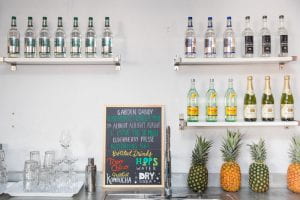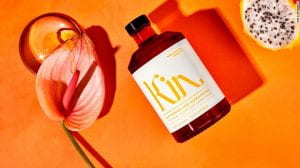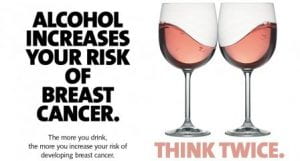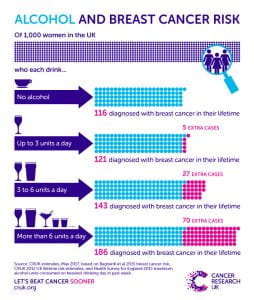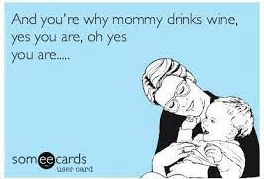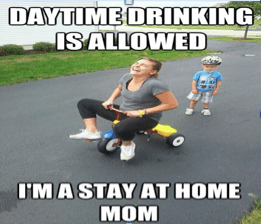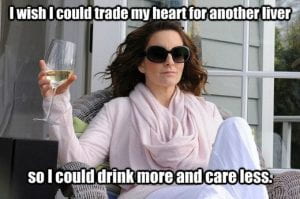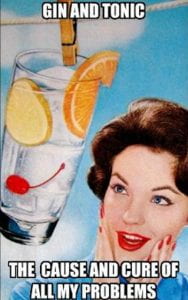“We don’t have to drink. There’s nothing that says, as an adult being, you have to consume alcohol,” says British writer and founder of the movement Sober Curious, Ruby Warrington. In December 2018, Warrington released the book Sober Curious, which offers an eye-opening new way to think about our relationship with alcohol. Sober Curious reveals the enormous benefits that come from unlearning the mindless habit of drinking.
 Think of sober curiosity as a “wellness” approach to (not) drinking alcohol. The idea isn’t a hard stop to drinking or a 12-step process to sobriety, Warrington said. It’s not a recovery method for alcoholics, either. It’s about recognizing drinking habits and acting on that understanding. Maybe it means cutting out all alcohol, or just not drinking on weekdays. Warrington added that it’s the idea that alcohol determines our fun, intimacy, friendships, and experiences to the point that some Americans have tapped out of the present and aren’t fully living.
Think of sober curiosity as a “wellness” approach to (not) drinking alcohol. The idea isn’t a hard stop to drinking or a 12-step process to sobriety, Warrington said. It’s not a recovery method for alcoholics, either. It’s about recognizing drinking habits and acting on that understanding. Maybe it means cutting out all alcohol, or just not drinking on weekdays. Warrington added that it’s the idea that alcohol determines our fun, intimacy, friendships, and experiences to the point that some Americans have tapped out of the present and aren’t fully living.
But how effective is this sober curious movement? Are women really going to put down their cocktails and “mommy juice” for mocktails and lemonade?
My immediate thought was drinking has become way too accessible for drinkers to stop now. We are drinking at work, in the early mornings, and on Sundays, the day that was once considered a holy day. People are even drinking alone and getting alcohol delivered directly to their homes. The means of getting drunk has become limitless, so why stop?
There are many reasons to cease or limit your alcohol intake. According to the Center for Disease Control and Prevention excessive drinking can cause chronic disease such as liver cirrhosis, unintentional motor vehicle traffic injures and violence. However, many drinkers are unaware of the harm alcohol can cause. Drinkers feel since they are “drinking responsible” they are safe from consequences. Unfortunately, for some, just because you are binge drinking at home or taking an Uber instead of driving doesn’t mean you don’t have a drinking problem.
So really how did we get to the point where we feel like drinking is inevitably? If you decline a drink, you are scolded and peer pressured to just take a sip. I blame social media. Social media networks have wired our brains to believe that there is nothing wrong with drinking in excess. There are so many memes that encourage to drink when you are sad, when you want to have fun, or relax. We are inclined to post a picture of us drinking to show fun is happening or to prove that we are taking time out for ourselves by having a drink.
In order to combat drinking as a negative reinforcement, we have to replace memes that encourage drinking whenever there is a slight inconvenience or memes that justify drinking for every occasion. These new memes can motivate drinkers to feel stimulated without drinking and enjoy activities such as working out, reading, or cooking
.

Society has made us believe that binge drinking is euphoric. If I drink this bottle of wine, I will be having the time of my life. The sober curious movement challenges that social norm and forces drinkers to be more mindful about consuming alcohol. It’s a movement that brings awareness of drinking dependence. Even if people start going to the bars and having 1 drink instead 1o that is proof the movement is working.
The new decade is now less than six months away, will the sober curious movement be the new wave?

